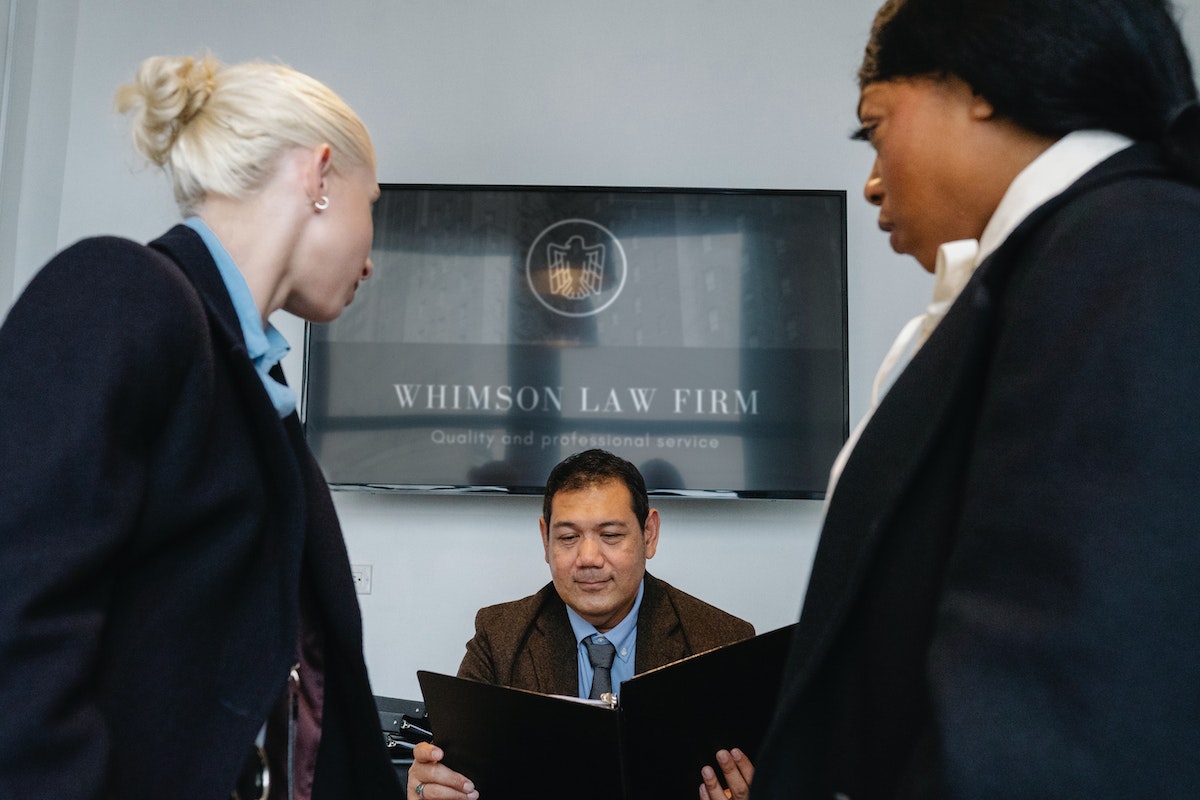It’s common knowledge that legal matters can be stressful and overwhelming, especially if it’s your first time experiencing something like this. Whether dealing with a contract dispute, suing someone, or being sued, navigating the legal system can be intimidating.
But there are a few steps you can follow to make the process smoother. This guide will help you figure out how to resolve your legal matter in the most efficient way possible.
Understand Your Rights
The first step in resolving a legal matter is understanding your rights. Different laws may apply depending on the situation, and it’s essential to understand those before taking action.
Researching the relevant laws and regulations is essential to determine what steps you should take next. You can find out more about your rights by visiting the website of your local state or federal government, checking with a legal reference librarian, or talking to an attorney. The more information you have about the issue, the better equipped you will be to handle it.
No matter what your legal matter may be, it’s important to know your rights and the applicable laws in order to make informed decisions. This way, you can work towards a resolution without putting yourself in further legal jeopardy.
Seek Professional Advice
It’s always a good idea to consult with a professional who understands the law and has experience handling similar issues. An experienced attorney can provide valuable advice on how best to proceed with your case and help protect your rights.
These professionals can also explain any potential risks associated with certain actions so that you can make an informed decision about how to proceed. Remember that hiring an attorney does not necessarily mean going to court; they can also provide assistance with negotiation or mediation outside of court proceedings if necessary.
Once you decide to work with an attorney, the next step is finding the right one for your case. Start by researching attorneys who specialize in the legal matter you are facing and then ask for referrals from friends or family who have used an attorney in the past.
It’s also essential to ensure that the attorney you choose is someone you are comfortable with and can trust. When interviewing potential attorneys, be prepared to ask questions about their experience and approach to your case.
By working closely with a knowledgeable professional, you can ensure that your legal matter is addressed efficiently and effectively.
Follow the Necessary Process
Each case requires a different approach and process, which can vary depending on the state or court you are filing. Generally speaking, a few steps are necessary to resolve a legal matter.
The first is serving legal documents, which means providing the other party with notice that a lawsuit has been filed against them. This could involve sending an individual or business a formal letter, filing a document with the court, or even delivering it in person. Depending on your case, you may also need help from professional process servers to ensure that the documents are delivered correctly.
Afterward, you will have to wait for a response from the person or business being served with the documents. They may choose to respond in writing, attend court hearings, or reach an agreement with you. If a court hearing is necessary, arrive on time, bring all the relevant documents and evidence with you, and prepare your arguments beforehand.
Finally, after the outcome of your case has been decided, it’s important to follow through with any rulings or agreements that were reached. This may include paying fines, filing paperwork with the court, or making other necessary changes to fully resolve your legal matter.

Consider Alternative Dispute Resolution
In some cases, pursuing an alternative dispute resolution (ADR) method, such as mediation or arbitration, may be beneficial. These methods can help avoid costly and time-consuming litigation and potentially improve relationships with the other party.
Mediation involves a neutral third-party mediator who helps both parties agree to a mutually beneficial solution. On the other hand, arbitration involves a third party deciding the case after hearing both sides. The decision is legally binding, so weighing all potential outcomes before committing to this type of resolution is essential.
By prioritizing alternative dispute resolution methods, you can protect your rights and increase the chances of a successful outcome.
No matter which approaches you choose, it’s important to remember that resolving a legal matter is rarely easy. By understanding the steps involved and seeking help from experienced professionals, however, you can protect your rights and take the right steps toward a successful resolution.
